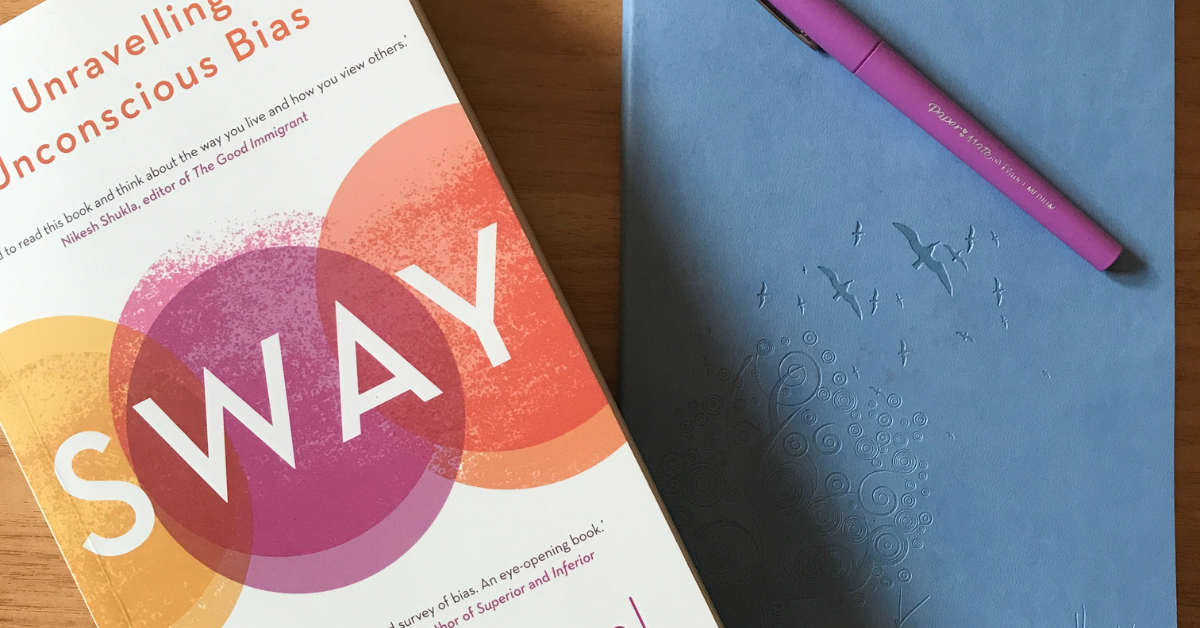|
Last night, when I got home I had several pieces of paper laid across my laptop on my desk. "What are these?" I asked my husband. "You got a speeding ticket," he responded. OOPS, I hadn't even know. As an American, living in France, the fact that I can get a speeding ticket without even talking to a police officer still boggles my mind. Yet, there is something so simple about it. You drive too fast past a camera. It snaps a picture of your license plate. A few weeks later you get your ticket in the mail. It doesn't matter what car you drive. What color you are. What gender. What religion. What nationality. What __________? There are no police officers making unconscious, split-second decisions that could cost you your life. It's unbiased technology (at least as far as I know.) Yet, not all technology and AI is so unbiased. A couple of months ago, I finished up a few book circles using the book "Sway: Unraveling Unconscious Bias" written by Professor Pragya Agarwal. In the book Professor Agarwal argues that behind all the tech we use, there is a biased human being creating it -- designing, it, writing the code, testing and training it, fixing the bugs, etc. Which means that the technology can end up being just as sexist or racist as the creator. >> When Microsoft launched Kinect, it couldn't recognize the body movements of women or children. >> When iPhone launched Face ID, it couldn't tell Chinese faces apart. >> When the UK's Metro Police started using facial recognition software to track down offenders it had a 96% false positive rate. Although technology can bring ease to our workplaces in many ways, it's highly important to be aware of the biases that exist within those systems, and when those biases can lead to the discriminatory practices that you are trying so hard to avoid. When was the last time you got a speeding ticket? Read Deeper Not Faster
0 Comments
Leave a Reply. |
Hi there!I am Theresa Destrebecq. |



 RSS Feed
RSS Feed